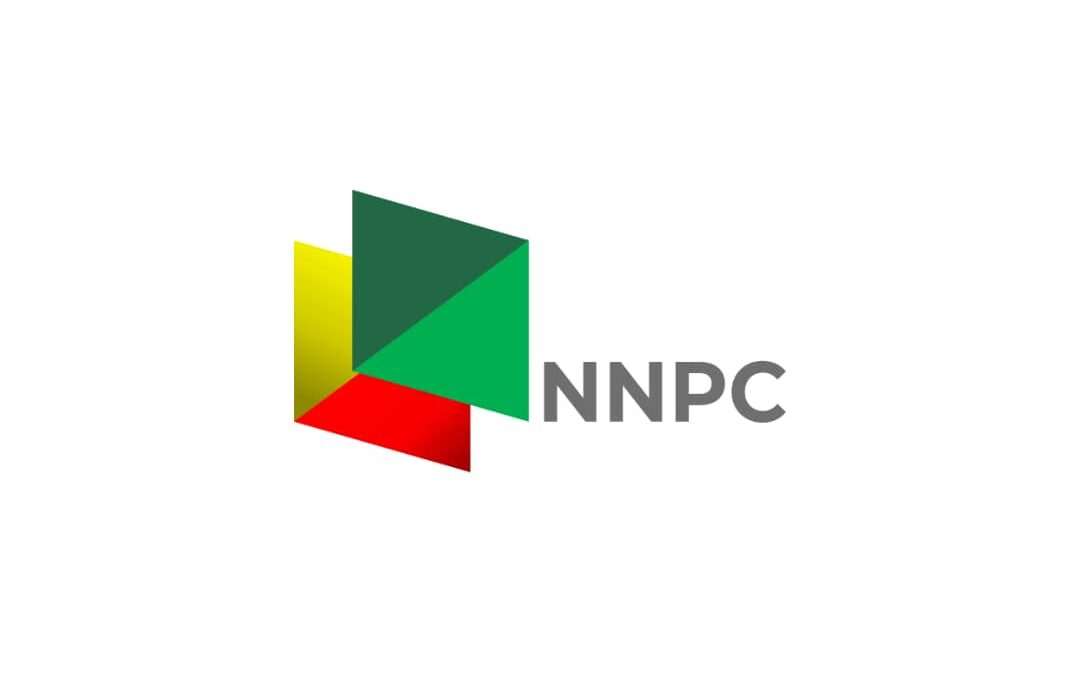The Senior Special Assistant to the President on Chieftaincy Matters, Abbas Tijjani Hashim, has announced the launch of the National Traditional Leaders’ Summit on Mediation, Conflict Management and Peacebuilding, a landmark initiative aimed at empowering traditional rulers to play a more active role in sustaining peace and supporting democratic governance ahead of the 2027 general elections.
Speaking at a press conference in Abuja, Hashim described the summit as a “historic milestone in Nigeria’s journey towards sustainable peace, social cohesion, and democratic excellence.” He said the initiative reflects President Bola Ahmed Tinubu’s commitment to inclusive governance and the revitalization of traditional institutions as key agents of national stability.
According to him, traditional institutions remain “monuments of endurance, wisdom, and legitimacy” and play indispensable roles in conflict prevention and resolution at the grassroots. Over 150 million Nigerians, he noted, live within traditional domains and rely on their royal fathers — emirs, obas, obis, and chiefs — for justice, moral guidance, and community cohesion.
“Our royal fathers are the first responders when tensions arise, the trusted mediators when neighbors disagree, and the guardians of social harmony when communities face division,” Hashim said.
He explained that the summit would bring together 350 traditional leaders from across the 36 states and the Federal Capital Territory. Over the next ten months, the programme will engage all six geopolitical zones through intensive sessions on modern mediation techniques, democratic education, electoral peacebuilding, post-conflict reconciliation, and inclusive governance.
The initiative also seeks to integrate traditional institutions into Nigeria’s Alternative Dispute Resolution (ADR) framework, promoting collaboration between traditional and formal justice systems. Hashim envisioned a future where every senatorial district hosts a traditional mediation centre to provide accessible, culturally grounded justice to citizens.
“We envision a Nigeria where disputes are resolved quickly and affordably through restorative dialogue, not adversarial litigation,” he said. “Traditional leaders will serve as guardians of electoral peace and as civic educators who help prevent election-related violence.”
Hashim called on development partners, civil society organizations, and the private sector to collaborate with government in achieving the vision, emphasizing that the initiative aligns with global goals for peace, justice, and strong institutions.
He added that the programme, when completed, would become the most comprehensive traditional institutional capacity-building initiative in Africa, creating models that could be replicated across ECOWAS member states.
“Mr. President believes deeply in the powers of traditional institutions to transform our peace architecture and strengthen our democracy,” Hashim stated. “Together, we can make them central to Nigeria’s peace, stability, and democratic consolidation.”
He concluded by urging all stakeholders to support the federal government’s drive to institutionalize traditional leadership as a cornerstone of sustainable peace and effective governance in Nigeria.
Other stakeholders at the events included Chairman, House Committee on Traditional Institutions, Hon Mohammed Abdulmumin, who also represented the Speaker of the Federal House of Representatives, Rt Hon Tajudeen Abass, Ambassador Issah Niniola, Executive Director, ReCap Africa and a representative of the Honourable Minister of Women Affairs, Mr Zakari Nasri among others.



